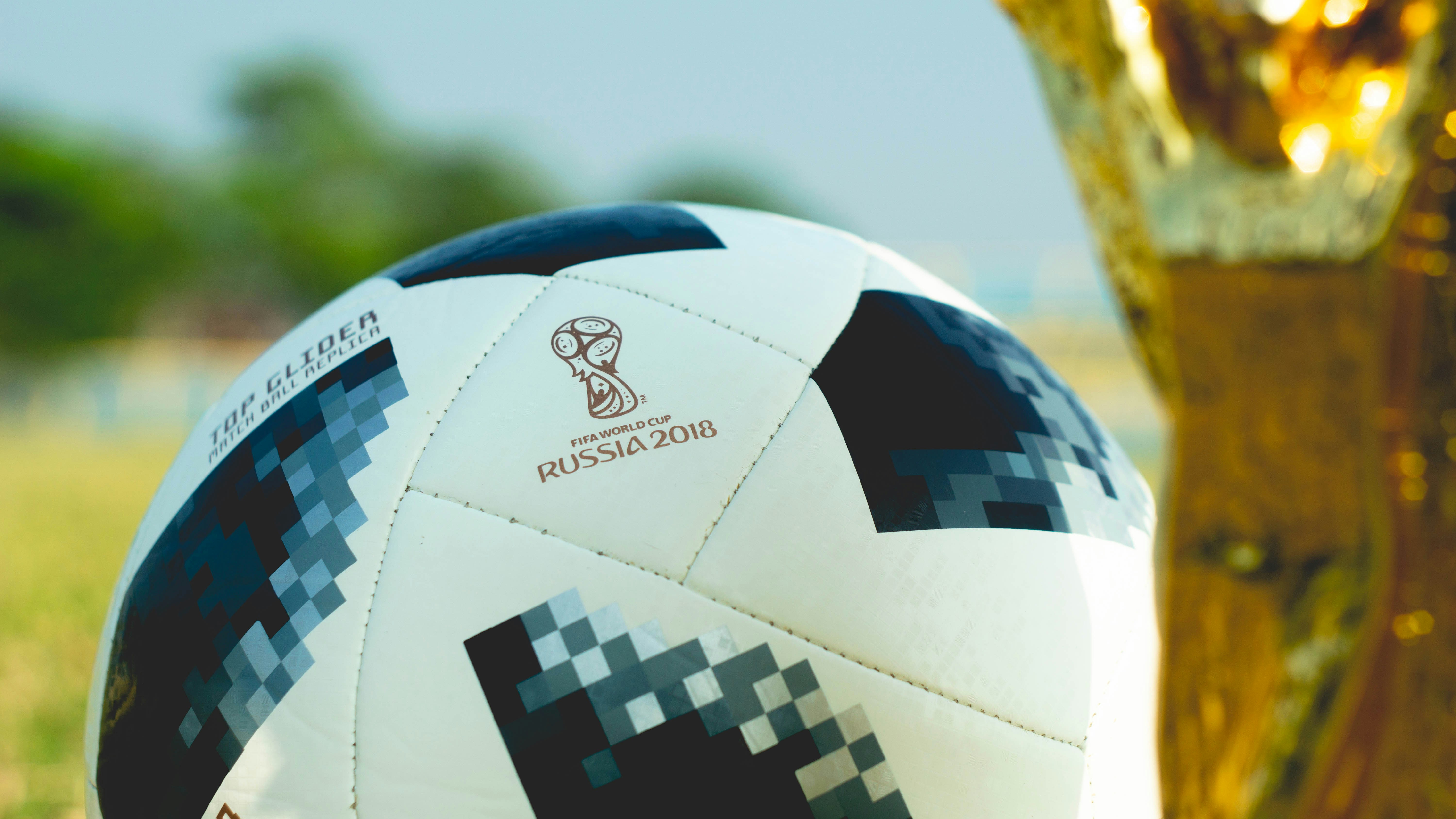
A New Age of Technology in Football
The introduction of the Video Assistant Referee (VAR) has been one of the most significant technological advancements in football over the last decade. Debuting in a World Cup at the 2018 tournament in Russia, it brought with it promises of more accurate decision-making. For many fans, this was a welcome change, meant to reduce human error in crucial matches. However, it also sparked a wave of conspiracy theories — some light-hearted and others more serious.
The Birth of Conspiracy Theories
Football, or as Americans call it, soccer, has always been fertile ground for conspiracy theories. From suspicious referee decisions to unexpected comebacks, fans have endlessly speculated on the forces at play behind the scenes. With VAR, these theories have only intensified.
Some fans genuinely believe VAR decisions are influenced by external parties. Whether this stems from a distrust in technology or a strong allegiance to their team, the idea that VAR can be ‘hacked’ has entered the zeitgeist of modern football discussion.
Is Hacking VAR Even Possible?
To understand if the hacking of VAR is plausible, let’s take a closer look at the technology itself. VAR relies on a complex network of cameras, software, and skilled operators who assist referees in making the best possible decisions. This system operates on secure networks, with data transfers protected by encryption similar to that used in online banking.
Cybersecurity experts reassure us that hacking into this system would require immense effort and resources, far exceeding the capabilities of a casual hacker. Moreover, any tampering would likely leave digital fingerprints, which could be traced back to the source.
The Real Concerns and Human Elements
Even without the specter of hacking, there remain valid criticisms of VAR. Decisions can still be contentious, as interpretation by referees remains a human aspect of the technology. It’s not uncommon for fans to revolt against decisions that impact their favorite teams, especially during high-stakes World Cup matches.
Take, for example, the 2022 World Cup, where players and fans alike debated VAR decisions, impacting the paths of teams like England and Brazil. Such disruptions in play spark fiery debates online and among global audiences.
A Matter of Trust
Ultimately, VAR is designed to assist, not overrule. It provides referees with additional insight, allowing for more informed judgments. The trust placed in this system varies widely among fan bases and is often colored by how their teams have been affected by its rulings.
Football stars and coaches have weighed in, with some, like Germany’s Jurgen Klopp, expressing skepticism, while others, like Cristiano Ronaldo, focus on the positive aspects of having such technology in play — particularly in a tournament as prestigious as the World Cup.
Looking Forward to World Cup 2026
As the world looks forward to the 2026 World Cup, co-hosted by the USA, Canada, and Mexico, the role of VAR will undoubtedly remain a hot topic. Will technological advancements address current criticisms, or will conspiracy theories prevail? Soccer fans are eager to see how this will unfold, with hopes that VAR can bring more fairness without controversy.
So, what do you think? Is VAR a help or a hindrance? Could it ever truly be hacked, or do conspiracy theories simply provide an outlet for passionate fans? Share your thoughts with us!
Stay tuned to CupVibes.com for the latest updates and insights as we countdown to the 2026 World Cup!


